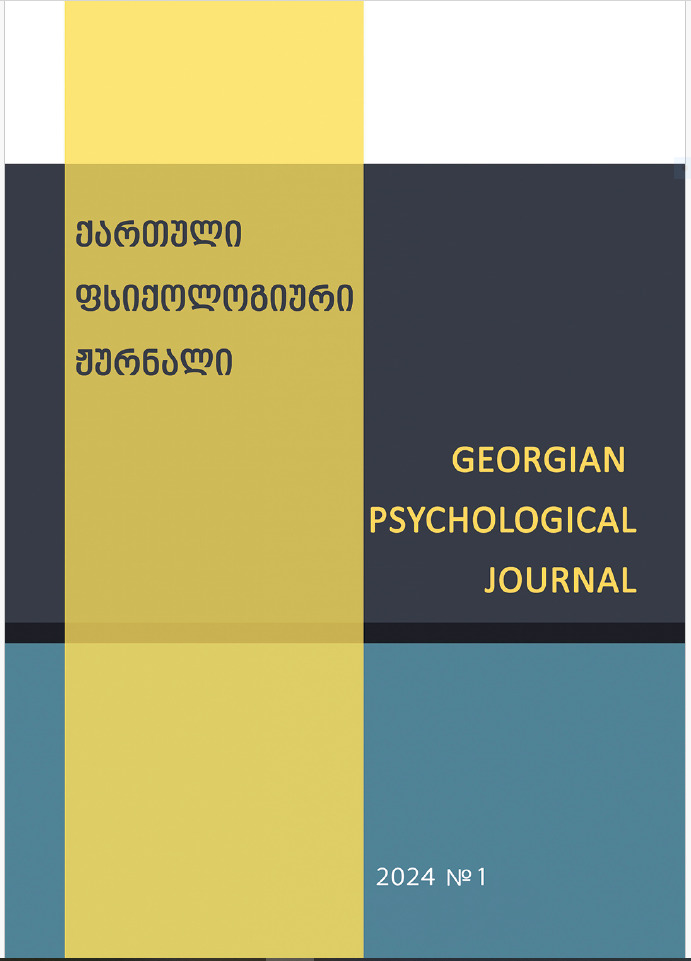THE ROLE OF ORGANIZATIONAL CYNICISM IN THE RELATIONSHIP BETWEEN ORGANIZATIONAL SUPPORT, PERCEIVED MEANINGFULNESS OF WORK AND ORGANIZATIONAL COMMITMENT
Main Article Content
Abstract
The present study aims to evaluate the relationships between perceived organizational sup- port, organizational cynicism, meaningful work, and organizational commitment using an integrated, multidimensional model. The research confirms that a lack of organizational support increases the likelihood of forming organizational cynicism. Perceived organizational support plays a significant role in explaining the variance in cognitive, emotional, and behavioral cynicism scores. In the relationship between organizational cynicism and organizational commitment, meaningful work serves as a mediator. The more meaningful the work is, the lower the chance of developing organizational cynicism; also, the weaker is the negative impact of organizational cynicism on organizational commitment. Additionally, meaningful work helps maintain the sense of commitment to the organization, even in the presence of organizational cynicism. The relationship between organizational support and organizational commitment is consistently mediated by two factors (organizational cynicism and meaningful work) through serial mediation. The results of the study are analyzed from the perspective of conservation of resources theory, viewing organizational cynicism as a response to perceived or actual resource loss within the organization. 288 employees participated in the study.
